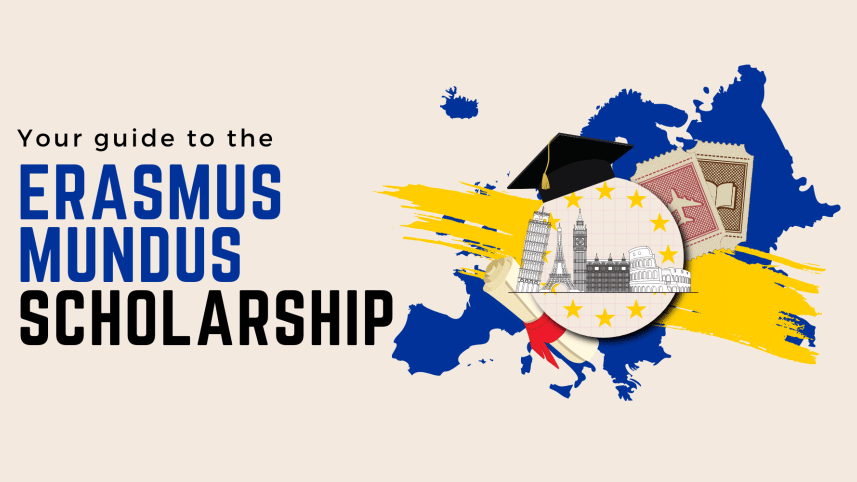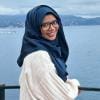Your guide to the Erasmus Mundus scholarship

Every year at least a hundred students from Bangladesh receive the Erasmus Mundus scholarship to study in Europe. This year the number totals 140 preceded by 151 in 2022. Bangladesh has been consistently ranking in the top 5 countries to have been winning the scholarship in the past few years. Europe is already a popular study destination. The scholarship has been gaining attention from students increasingly; one of the major reasons being the programme's offer to allow students the opportunity to complete their Master's degree in at least two countries (mostly, European) and receive a joint or a dual degree.
The Erasmus Mundus Joint Masters (EMJM), under the Erasmus+ programme, are a prestigious set of international masters that typically involve study, research, theses or internships and traineeships over one or two years (that is 60 or 120 European Credit Transfer and Accumulation System or ECTS) spanning across different countries. Depending on the course, one may also get a term outside of Europe! And that's equally exciting.
In terms of courses, the Erasmus Mundus catalogue lists the various Master's degrees supported by the European Union and is broadly categorized into 19 fields of study. Each course or programme has its own application portal and a website where students would be looking for more relevant information. The list is updated every year with brand-new additions most of which offer Erasmus Mundus scholarships. The scholarship is a full-ride offer covering monthly stipends, travel allowances, tuition fee waiver, health insurance and so forth for the entire period of study.
It is important to bear in mind that the degrees listed are multidisciplinary in nature and the curriculum is not typical for one specific field. This could be a pro or con in itself, depending on one's personal interests and career aspirations.
When to apply
The application window, in general, starts in October and ends in January. Each programme has its own deadline and set of documents to be submitted. Ideally, you would want to begin in advance, shortlist your choices and then proceed to complete the requirements for each application. There are often changes to the rules and regulations happening. As of now, there are no limits to the number of applications a student can make. Last but not least, the applications are free of charge.
Who can apply
One of the best parts of the scholarship programme is that it is open to all students. This means that you are eligible if you are an undergraduate or even if you are aiming for a second graduate degree! There is no restriction on age or marital status. However, it is wise to consult the eligibility criteria of the target course as exceptions may arise on either end.
How to apply
Most programmes require a common set of documents like academic certificates and transcripts, curriculum vitae (using the Europass format), two to three letters of recommendation, a letter of motivation, and proof of residence. It is safe to say all programmes demand an IELTS certification, thus getting this checked off the list way ahead can be immensely helpful.
What happens after
Although a shorter selection process is not uncommon, many programmes include several rounds of selection to finally nail down the top candidates. These rounds can be submissions of videos, presentations or interviews.
Tips for a great application
It goes without saying that you need to start early. Often, students underestimate the timeline of the process. And in reality, everyone has a different pace than the other. So, try to find your "weak links" and start working on them first. Think of weak links as the steps that would require the most time or effort and are likely to bog you down.
Be yourself. It is easy to lose sight of yourself with the overwhelms. As simple as it is, it is often forgotten or disregarded.
Spend some time in self-reflection. Get to know yourself personally, your likes and dislikes regarding academics, and your professional goals for the future about three years from now. Lastly, remind yourself that your goals and priorities are not set in stone, and be flexible to what unravels for you.
Hiya Islam is a recipient of the 2022 Erasmus Mundus scholarship under the EMOTION programme.




 For all latest news, follow The Daily Star's Google News channel.
For all latest news, follow The Daily Star's Google News channel.
Comments